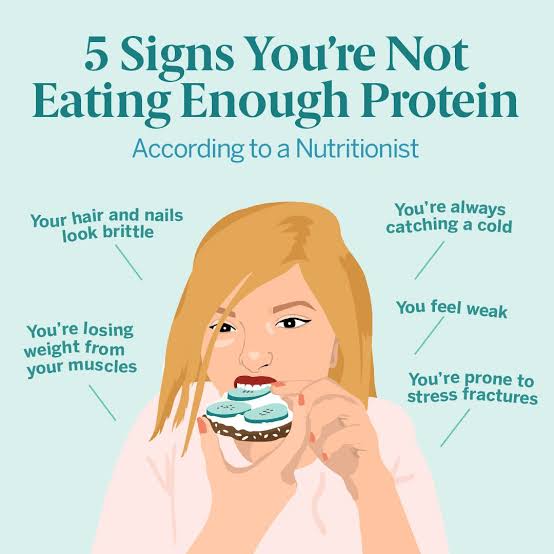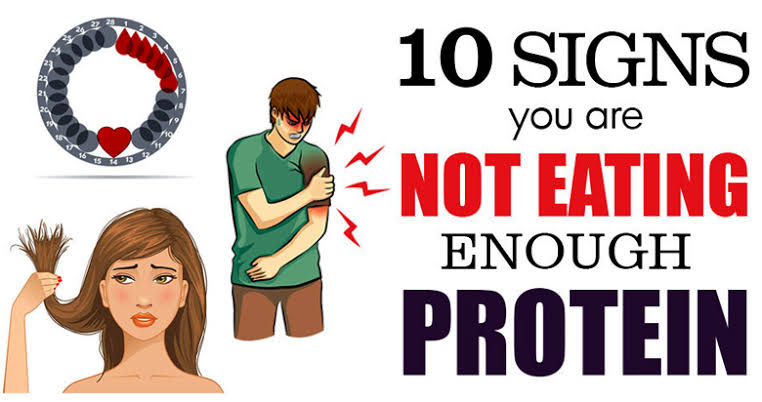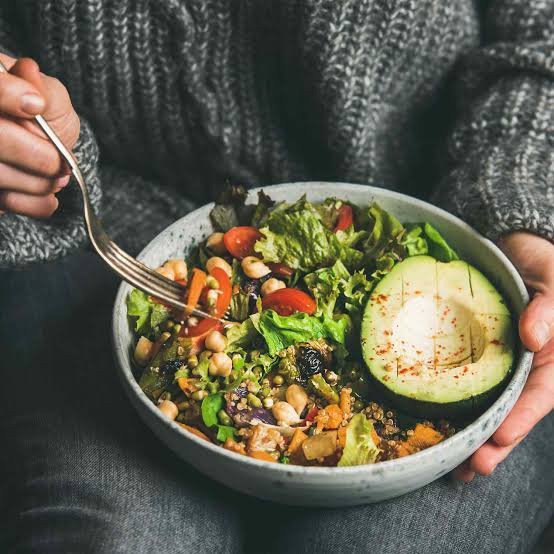Protein is a macronutrient made up of amino acids. It is essential to your body and is often known as the building blocks of muscle. Proteins are not only vital for muscle repair and maintenance, but they also provide energy for the body and regulate hormones. Moreover, it acts as enzymes that speed up chemical reactions, regulate the passage of substances across the cell membrane and prevent disease. In this report, we learn about signs that you are not eating enough protein, according to the “Times of India” website.

According to the Mayo Clinic Health System, the RDA for preventing protein deficiency for a “normal adult” is 0.8 grams per kilogram of body weight. However, you should increase your intake if you notice any of the following signs (after consulting your doctor).
Weakness, Muscle Loss, and FatigueA lack of protein in your diet can lead to weakness, fatigue, and muscle loss. This is because when the body is low in dietary protein, the body meets its protein needs from skeletal muscles. Over time, this leads to muscle wasting, which in turn reduces your strength. It slows down your metabolism and then causes weakness and fatigue. Slow-healing injuries If you have recently sustained an injury from an accident, an intense exercise routine, or if you have just had surgery and are still recovering from it, low levels of protein in the body can slow down the healing process. New cells can take It takes a long time to rebuild, making it difficult to heal wounds. Increased hunger
If you’re constantly hungry, craving food, or find yourself binging on snacks, it could be a sign of a protein deficiency.
Protein is a highly satiating macronutrient, which keeps you feeling full for longer periods of time so when you have less of it, there is a good chance that hunger pangs may hit you hard. Poor immune function
A lack of protein can also make you vulnerable to disease. Protein is vital to your immune system and gives it the necessary boost to keep viruses and bacteria away. Moreover, immune cells are made up of amino acids, which are basically protein. However, up your protein intake and stay away from viral and bacterial infections. Hair, nail and skin problems Other early signs of low levels of protein in the body include weak, brittle nails, dry skin and thinning hair. This happens because our skin, hair, and nails are made up of certain types of proteins such as elastin, collagen, and keratin, so protein deficiency can affect our hair, skin, and nails.




